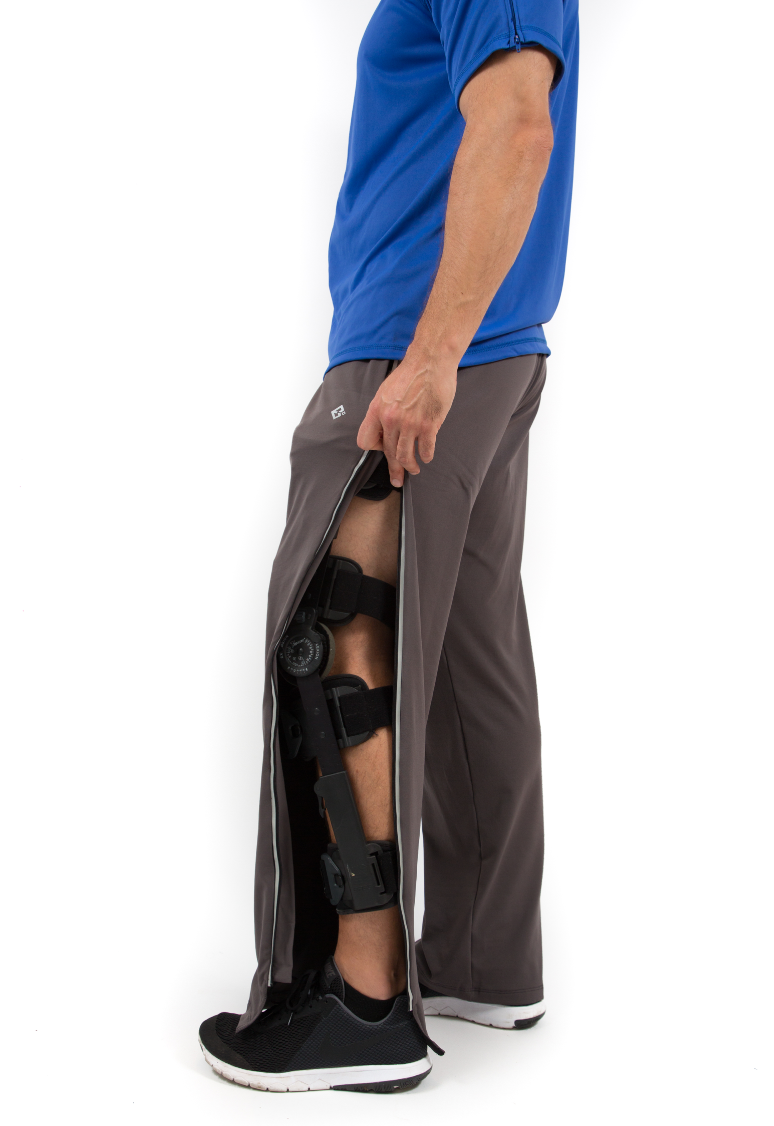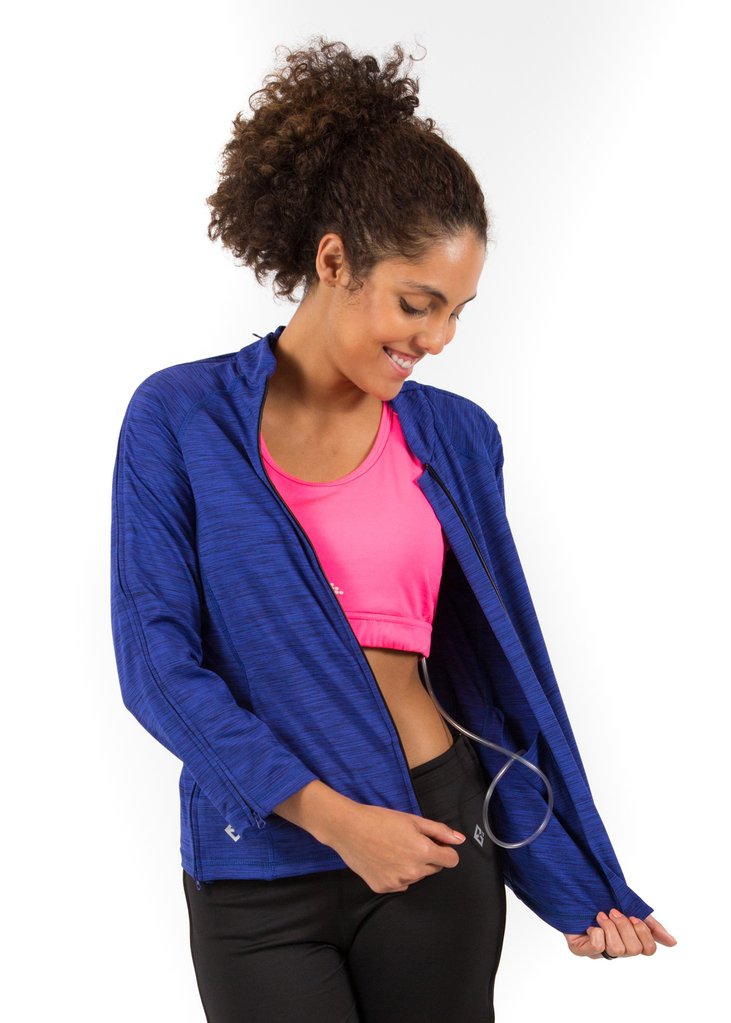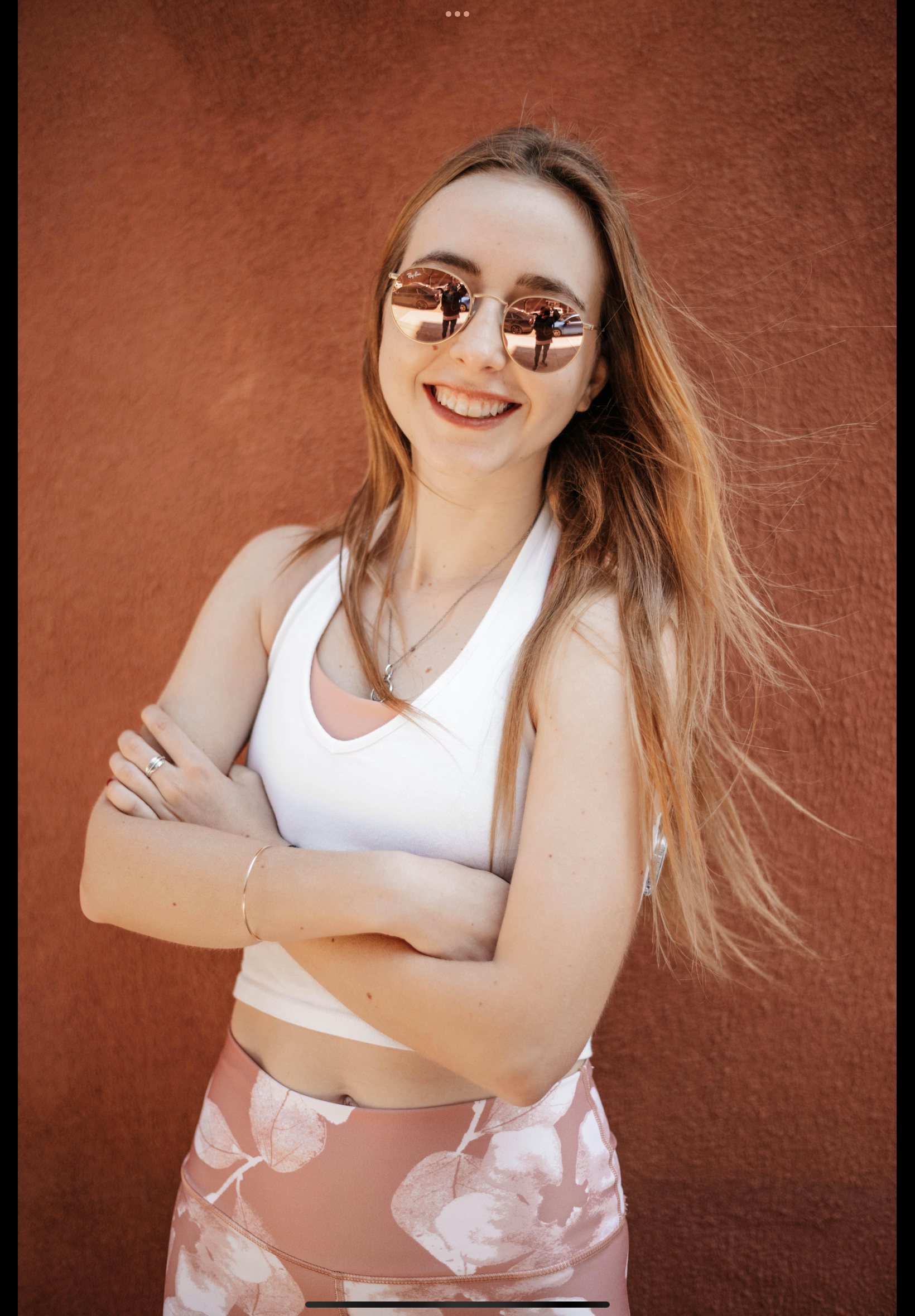Living with any disability or chronic illness can present its set of challenges. The general market of clothes, advertising, and support has not always been created with your needs in mind. Luckily things are changing! Reboundwear and Looking Beyond Disability both seek to fill a need that has been historically unmet in the differently abled community.
In February, Reboundwear Founder and CEO, Bimla Picot, took part in a workshop with Looking Beyond Disability. Looking Beyond Disability is a resource for parents, teachers, and professionals who work with children, teens, or adults with sensory processing disorders, and behavioral and learning challenges. Their aim is to create a united community so that people with disabilities, and those that care for them, are supported and given the tools they need to reach their full potential.
Below you will find the final installment of Bimla’s interview with Rosa from Looking Beyond Disability. Rosa is interviewing from the perspective of a parent with a special needs child! You can stay up to date on our new blog posts by subscribing or following us on IG @ Reboundwear !
R: It’s crazy that more people don’t know about adaptive clothing, like Reboundwear!
B: That was the thing, when you were asking how the public reacted, the people who did find us were so excited because for the longest time there really weren't many alternatives for adaptive clothes. In the past, when people would think about adaptive clothes, they would think about clothing with diaper panels, or shirts with an opening in the back that look like a housecoat from the 1950s, and nobody wants to wear that, I have kids, and I know they would never put any of that stuff on, if anything, it would probably make them feel worse than they already did! Even my mother, who was 80 when she had her hip operation, likes to walk around in nice shirts and leggings, she didn’t want to wear a housecoat!
So the public that found us was incredibly receptive, but there are still a lot of people who are unaware of the options that are now available to them, and that there is a better way to do it. As we grow our company, we can get the word out there. But I really love what you are doing because you are making it so efficient, people don’t have the bandwidth to research the clothes, the doctors, the therapies, the equipment, it’s a lot!
R: And they still have to deal with the emotional aspect of living with a disease, chronic illness, disability, or if they are facing a major surgery. That’s why I’m trying to create a community and build a center for resources that cater to those needs. I am excited to see it grow and have more people discover it as a resource!
B: The other thing that I love about my business, when you were asking me about what I find gratifying, is just being part of the community. They are fantastic! And I think that what you’re doing is exactly what needs to happen, you’re creating this community to bring all kinds of people together, and it is so helpful in saving time.
You’re giving people a platform to share their tips and say, ‘this worked for me, but this other thing didn’t work very well.’ Which might help other members save time and find something that works better for them than what they had been previously doing.
With the Pandemic, we learned that everyone wants to be part of a community. We’re all part of a community, and we want to maintain and strengthen those interactions and connections because they’re important for our mental and physical health.
R: Yes! That was very apparent, and it still is very important for everybody, even as we exit the Pandemic.
B: It’s wonderful what you’re doing because as a parent, I would have been so thrilled to onboard to a platform like yours.
R: Thank you! What would you say has been the most rewarding experience in designing clothes for people with disabilities?
B: It’s a lot of work to build a business, and I love the fashion side of it, but the admin side takes up the majority of our day-to-day. Interacting with our community, seeing their feedback, their emails, these interactions are what the best part of the job hands down. We love to ask our customers what we can improve, what they want to see next, because it helps us help them. That’s definitely the most exciting part of the job, just being in collaboration with this wonderful community.
R: And I believe the more we connect really passionate people, like you and like me, we start to change the stereotypes. I don’t know if you saw in the news, there is a new Victoria’s Secret Model with Downe Syndrome, I mean, we’re really changing stereotypes, and it’s amazing! Things don’t need to always be done the same way, and that’s what you saw with your clothing, there is always a better way.
B: There is always a better way! That’s why when we launched, I didn’t want to say we are making adaptive clothing for disabilities, which may have been a disservice to myself, but I just felt like why do we have to put labels on everybody and everything? You know, none of the people we spoke to when we did our research and development said they felt disabled, we’re there to talk about disabilities, and they all expressed that they felt very abled.
We asked them about their conditions and they did help us and educate us, but they also wanted to share that they all had so many things going on in their lives, activities, sports, hobbies, social events, school, just like everyone else. This image of disability is not the reality, and I didn’t want our verbage to play into that. But they do also have to do things that not everyone else has to do, like regularly attend doctors appointments or physical therapy or occupational therapy, and that’s where clothing like ours is especially helpful.
Each and every one of the people we interviewed was magnificent in their own way, so, I didn’t want to say people with disabilities. Our clothing is for people of all abilities. I also didn’t want to use the term adaptive clothing in the beginning because again, there was that slight negative connotation to it that if you wear adaptive clothing you are somehow less-than. So we tried so hard to make the clothes look like ‘regular’ clothing that for the first two years, people didn’t even realize we were selling adaptive clothing! They all thought it was regular athletic wear. So now, of course we want to get the word out there, there are so many people who need the clothes and who would benefit from the clothes.
Our mission is to make clothes that make people feel dignified, comfortable, and presentable. You can identify however you want to, you can call the clothes whatever you want to, we just want you to feel on-trend and experience a positive mind-body connection when you’re wearing Reboundwear.
R: Yes! I feel like sometimes society gets so stuck in labels, and I don’t know why it has to be like that. That’s why I wanted to do this workshop so we, as a community, can see that there are other ways, and other options. It doesn’t have to be the same way it has been done all the time, and as you said, it saves time. If people don’t know about it, it’s like it doesn’t exist.
B: Exactly!
R: Well I want to thank you so much! I have to say, until I started looking for adaptive clothing options for my son, I had no idea what was out there. I’m so glad I found your company on my search and am able to share this platform with you. More people need to know about adaptive clothing!
B: We’re going to change all that! Keep up the great work! You are doing a wonderful thing for the community!
R: Thank you!





Leave a comment
All comments are moderated before being published.
This site is protected by hCaptcha and the hCaptcha Privacy Policy and Terms of Service apply.